When Caillan Canale caught coronavirus he showed few symptoms so his parents thought there was very little to worry about.
“He was absolutely fine, he had a bit of a sniffly nose, a little bit of a cough, but was pretty much normal,” mum Nicole Wilson, of Aberdeen, explains.
She’d decided to take a test to see if she had picked up the virus.
And it turned out to be a day of mixed emotions.
“I was feeling really sick and unwell and thought it’s either Covid or pregnancy, so I took the tests and it turned out to be both,” she says.
“I found out that I was pregnant the same day that I tested positive for Covid.”
Then Caillan took a turn for the worst…
Caillan appeared to make a full recovery but started showing signs of illness a few weeks later.
And this time his symptoms were much worse.
Concerned Nicole knew that her one-year-old son, who had a fever and very little appetite, needed to be checked over so called her GP.
The doctor suspected that little Caillan had just picked up a virus.
“They said that he’d be better soon but it just kept getting worse,” Nicole said. “He couldn’t eat anything – he wasn’t drinking enough.”
Starting to think her son was seriously unwell, she trusted her parental instincts that he needed urgent medical attention.
“He just wasn’t moving; he wasn’t really waking up, just sleeping the whole time,” she said. “It was very difficult to rouse him.”
Caillan’s eyes eventually became bloodshot and parts of his body were turning red.
“When I tried to put him on to his feet, his legs would just collapse under him, he was extremely unwell,” Nicole says.
“My gut was telling me that something wasn’t right.
“That night I took him into the A&E department and he was put into the high dependency unit.”
‘It was baffling’: The tests showed he was suffering heart failure
Worried Nicole turned to the internet to search for her son’s symptoms before heading up to the Royal Aberdeen Children’s Hospital.
It flagged up two possible health conditions with one, a post-Covid condition, seeming most likely because he had recently recovered from coronavirus.
The 26-year-old told hospital medics that she was concerned Caillan had fallen ill with PIMS, a rare complication of coronavirus that can affect children.
It’s a relatively new condition which typically develops two to four weeks after Covid and can affect the way the heart works, causing inflammation in other organs.
“I knew that if I told them they would look at it more rather than just sweep it to the side because it’s uncommon,” Nicole said.
Following several tests Caillan was admitted to the high dependency unit and an ECG device was attached to his body to monitor his heart.
“It wasn’t something they were familiar with at all,” Nicole explains. “They were in contact with several different consultants from all over the UK.
“It was quite a large team dealing with it because there were a lot of things in his blood that they just couldn’t explain.
“A lot of his bloodwork (tests) wasn’t really making sense. Some of the markers in his blood indicated that he would be in heart failure, but he wasn’t.
“He ended up with hypothermia as well.
“There was a lot of things that were just baffling; they couldn’t explain it at all.
“Even to this day, we don’t have answers for it.”
‘It was horrific’
Seeing her son lying on the hospital bed so unwell was a real shock for the devoted mum.
He was slipping down the Glasgow Coma Scale, a tool used to assess and calculate a patient’s level of consciousness, and placed on an IV drip to rehydrate his body.
“It’s horrible because you just want to help them but you can’t,” Nicole says. “You just have to hope that everything will be okay.
“It was horrific, definitely the worst experience of my life.”
Although it was comforting to know that the team of doctors and nurses were doing everything they could to help Caillan.
They worked “tirelessly” to help him get better, getting in contact with other medical experts in Glasgow and England for advice.
“He was so seriously ill and the consultant went above and beyond to search for answers, and research how to get my son better,” Nicole says.
“He saved my son, and I will forever be grateful of him and the entire team who helped – I won’t ever forget a single one of them.”
Post-Covid condition: What treatment did Caillan get?
PIMS can be treated with a combination of medicines with the aim of reducing the risk of long-term damage.
Caillan was given a course of intravenous immunoglobulin (IVIG), an infusion containing lots of antibodies that fight off infection.
His family were relieved to find the young boy started to become more alert over the next few days.
“He was trying to sit up but it took a lot of energy,” Nicole said. “He was trying to hold his head up but couldn’t really hold it up properly.
“It was tilted to one side; I think his muscles were so weak because it had been so long since he was able to use any muscles in his body.”
Caillan spent five days recovering in the high dependency unit after he was admitted to hospital with the post-Covid condition in October 2021.
Mum Nicole says he was “pretty much back to his usual self” when he was discharged from hospital.
However, further checks had to be carried out over the coming weeks to make sure there were no further medical issues.
“He did need to take Aspirin for a few months after he got out,” Nicole explains.
“And he needed a couple of heart scans just to make sure that everything was OK and that there wasn’t any developing aneurysm.
“But that all went well and everything turned out great.”
How is Caillan now?
Thankfully Caillan made a full recovery from the unusual post-Covid condition and is enjoying nursery.
His grateful mum, who lives in the city centre, describes him as a bubbly and energetic toddler.
“He’s really cheeky and just a special little person,” she says.
The full-time mum gave birth to her second son Cian in May and says the ordeal left a lasting impression on her life.
“For a long time I didn’t want to take Caillan outside,” she says. “I did, but I had that thought at the back of my mind that I didn’t want him to get really sick again.
“But, over time, I realised after he’d had his first cold that everything was fine.
“It’s taught me to trust my instincts a lot more, because I really do believe there’s nothing as strong as parental instincts.
“When you feel it in your gut, it’s usually right.”
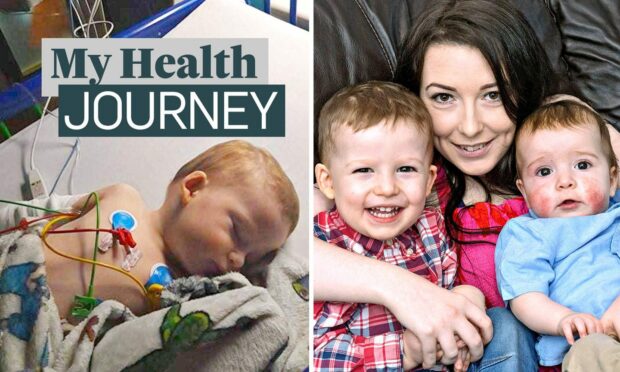
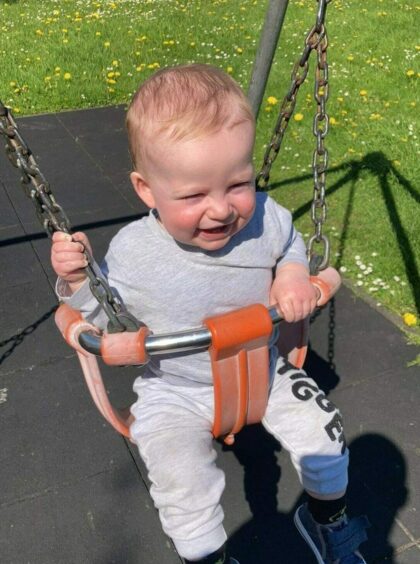
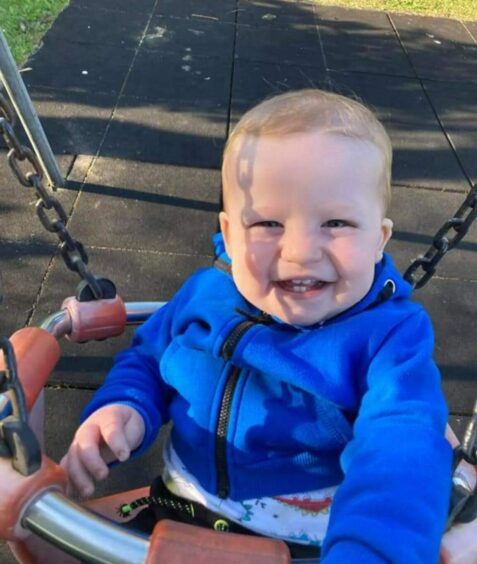
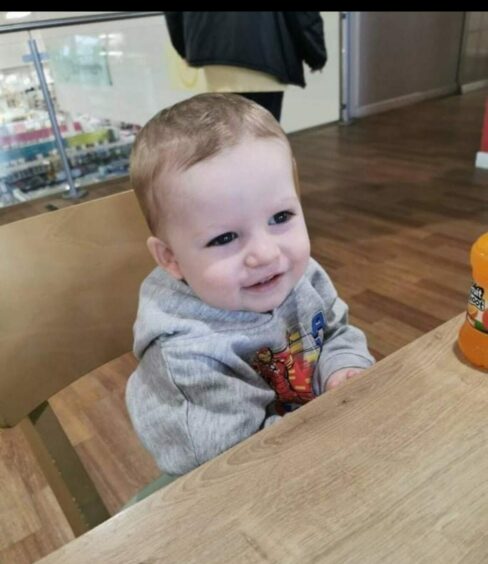
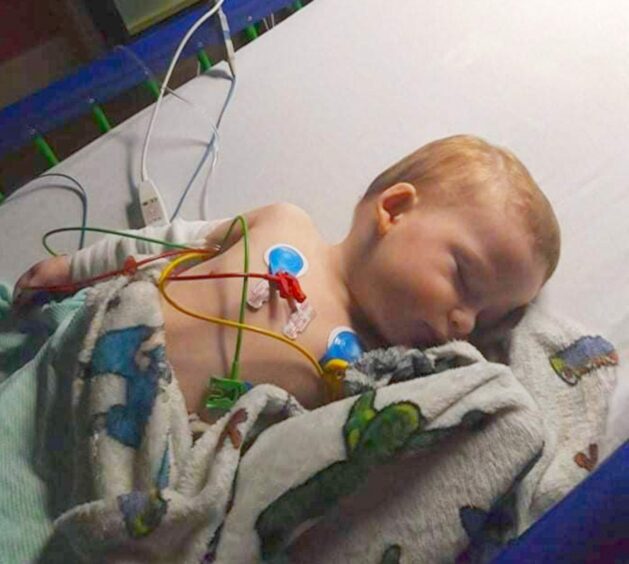
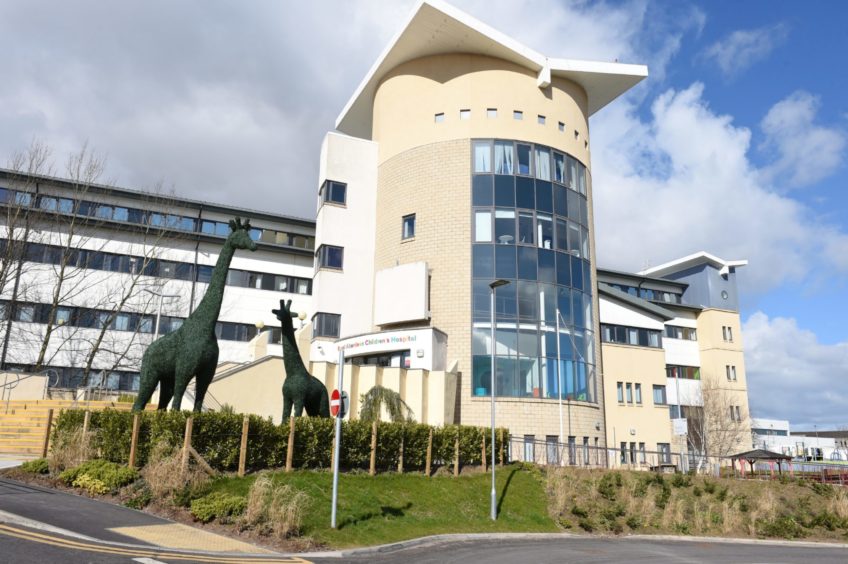
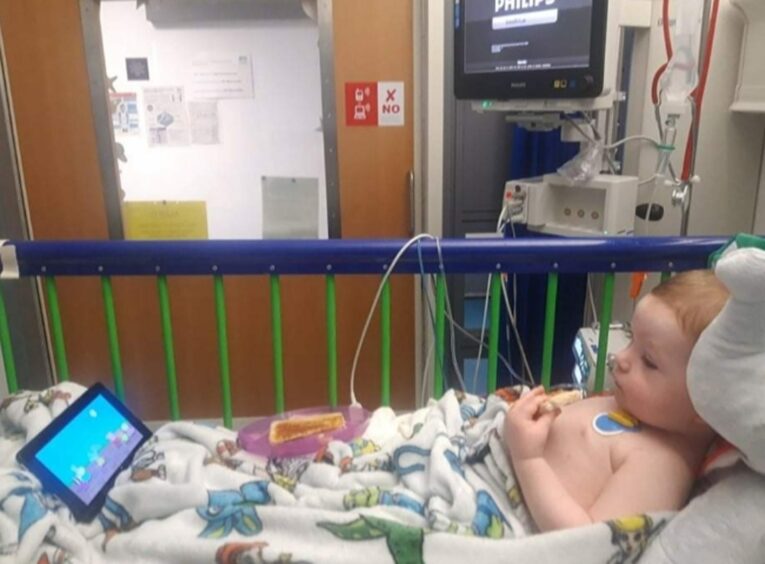
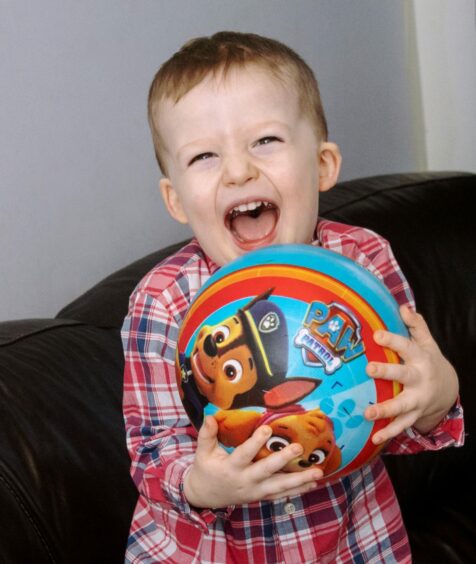
Conversation